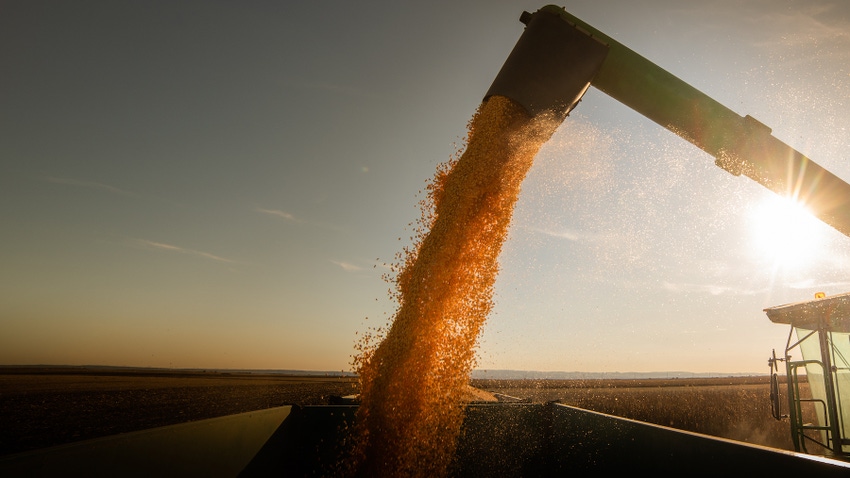Higher interest rates a factor in the store-sell marketing decision
Ag Marketing IQ: The cost of a cheap call combined with a sale may be more economical than the cost of storing grain.

Grain farmers make big financial decisions, and one of the most crucial is the "store or sell" choice.
It's a choice that is intertwined with countless variables unique to your personal situation. Yet, one new variable this year is rising interest rates.
The "store or sell" decision can make or break your year. Should you sell your harvested grain immediately after harvest, or is there financial incentive to store your grain to capture a potentially better price down the road? Several factors come into play, including market conditions, cash flow needs, and storage costs.
Influence of rising interest rates
Rising interest rates will have a negative effect on producers who opt to store grain this year. This is especially true if you are using an operating loan to finance the costs of storage. Below are some key considerations:
Opportunity cost: As interest rates increase, the opportunity cost of holding grain in storage rises. Money tied up in unsold grain can be used to pay down debts or earn interest in the bank.
Storage costs: Higher interest rates may lead to increased costs associated with grain storage. Warehousing expenses and the financing of grain storage facilities are likely to rise.
Risk management: Rising interest rates can also affect hedging strategies. Producers now need the market to rally enough to offset the increased cost of holding grain. Even if the market maintains its current level, you’re effectively losing money by storing grain.
Navigate rising interest rates
Let’s do a cost-benefit analysis. Compare the costs of storing grain, including higher storage costs due to rising interest rates. What are the potential benefits of holding out for better market prices? Can you afford to watch the market drop and pay storage and interest?
You can use risk management tools like futures and options to protect yourself against price volatility. With higher interest rates, the cost of a cheap call combined with a sale may be more economical than the cost of storage.
Consult with a marketing advisor who specializes in risk management. They can provide personalized insights and strategies tailored to your specific operation. There are many tools available to you. Utilize these tools to create a plan that works best for your operation.
High interest rates will increase the cost of storing grain and increase the risk if the market stagnates or worse, continues to drop. This new environment means that you won’t have as much time and flexibility to wait for the market to give you opportunities. With careful planning and the guidance of a trusted advisor, you can make informed choices to ensure the financial stability and success of your operation, even in an environment of fluctuating interest rates.
Contact Advance Trading at (800) 747-9021 or go to www.advance-trading.com.
Information provided may include opinions of the author and is subject to the following disclosures:
The risk of trading futures and options can be substantial. All information, publications, and material used and distributed by Advance Trading Inc. shall be construed as a solicitation. ATI does not maintain an independent research department as defined in CFTC Regulation 1.71. Information obtained from third-party sources is believed to be reliable, but its accuracy is not guaranteed by Advance Trading Inc. Past performance is not necessarily indicative of future results.
The opinions of the author are not necessarily those of Farm Futures or Farm Progress.
Read more about:
Grain StorageAbout the Author(s)
You May Also Like





